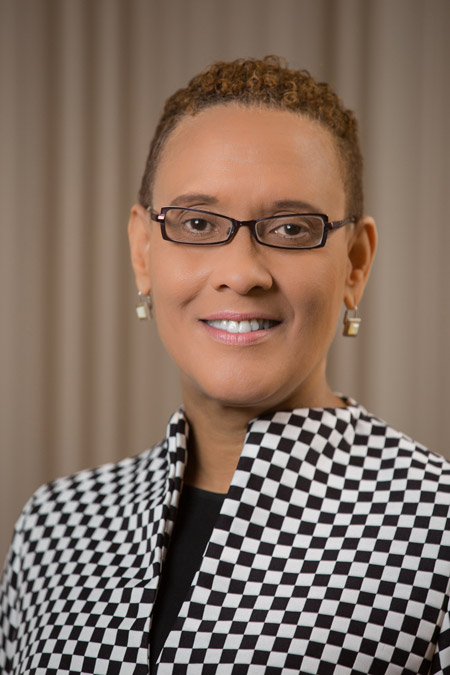
Jeanne Arnold is the Chief Diversity Officer at Gettysburg College, and she is co-chairing the Campus Climate Study Committee
By Sarah Kirkpatrick, Staff Writer
Last fall,the consulting firm Rankin and Associates returned the results of a campus climate study to the Gettysburg College community along with suggestions for improvement.
Although the survey found a variety of positive trends at the college, such as high levels of comfort and positive attitudes about academic work, it also demonstrated that Gettysburg struggles with issues like discrimination and exclusion based on race or sexual identity, high rates of sexual assault, work-life balance challenges for faculty, and exclusionary hiring practices.
The Climate Study Implementation Working Group Committee (CCSIG), which consists of administrators, faculty, staff, and students, is currently working to respond to the issues highlighted in the study with real changes. After holding forums with members of the campus community, the group promptly began the process of transforming campus culture.
One of the first issues that they decided to tackle was promoting inclusion.
To address concerns about racial exclusion and unfair hiring practices, the college applied for and received the $800,000 Andrew F. Mellon Memorial grant to increase faculty diversity. They will use the funds to hire six new faculty members in the Humanities Departments who will bring diverse perspectives to the college’s academic discourse.
In addition, they created a year-long Spotlight Series to educate employees on the topic and provide them with opportunities for professional development.
“These modules provided managers and supervisors with the tools and resources needed to take a more inclusive approach to the search process,” explains CCSIG Co-Chair Jeanne Arnold, “Their goals were to help achieve Gettysburg College’s diversity and inclusion goals.”
In addition, the college has started working to combat sexual assault after receiving a $299,093 Department of Justice grant to prevent violence against women and aid its survivors.
The administration utilized the funds to hire Valentina Cucuzza as the project coordinator so that she and her team could collaborate with community partners such as Survivors, Inc., the District Attorney’s Office, and the local police department to provide more resources to victims of sexual assault.
The President’s Council hopes to offer a sense of direction to these efforts by publishing a more comprehensive official statement on the importance of diversity and inclusion to the campus community by the spring of 2017.
A College Council will be created to represent faculty, students, administrators and support staff in these decisions by advising the president and adding their own perspectives to discussion on climate concerns.
Gettysburg College hopes to reaffirm student involvement in this initiative. To promote this goal, the administration adopted a new Strategic Plan titled “Impact” that will seek to improve mentoring opportunities for students and emphasize the value of peer mentoring.
Other opportunities also exist to get involved.
“In the fall, the CCSIG will put out a call for volunteers to serve on the Implementation Group,” explains Arnold, “This will be an opportunity for students, as well as faculty and staff members to have an impact on creating change in our environment.” She also encourages anyone who is interested in learning more about or even participating in the initiative to contact the Office of Diversity and Inclusion.
In about four years, the college will perform a follow-up Campus Climate Study to evaluate the program’s success.
